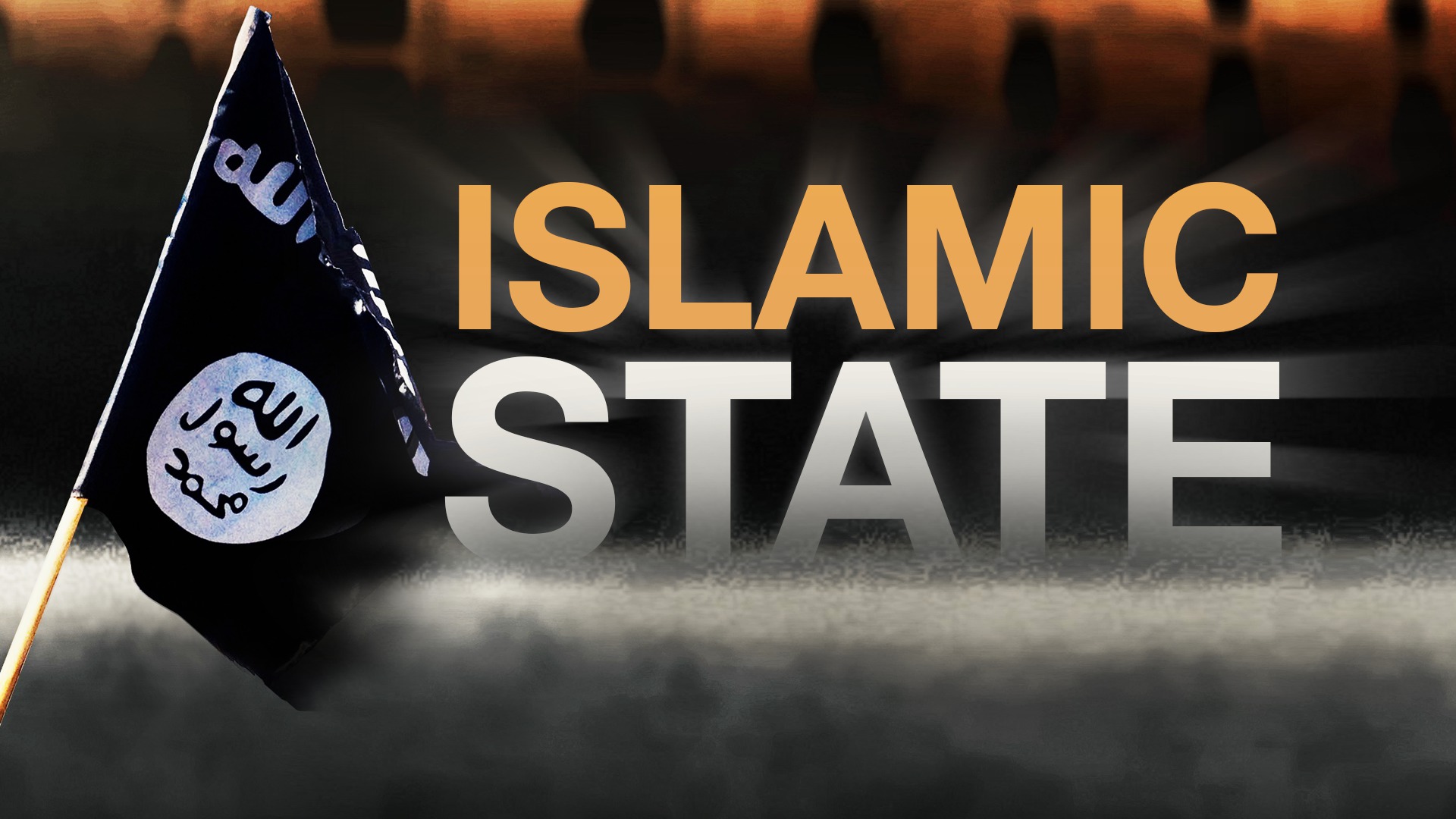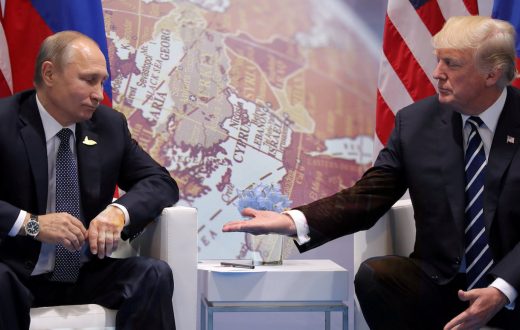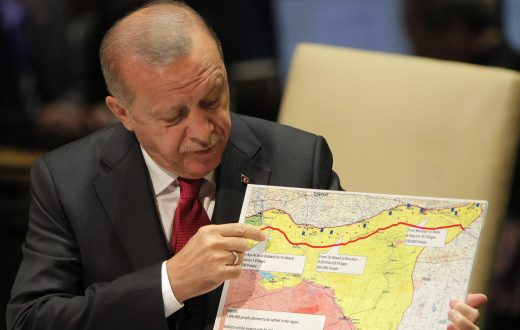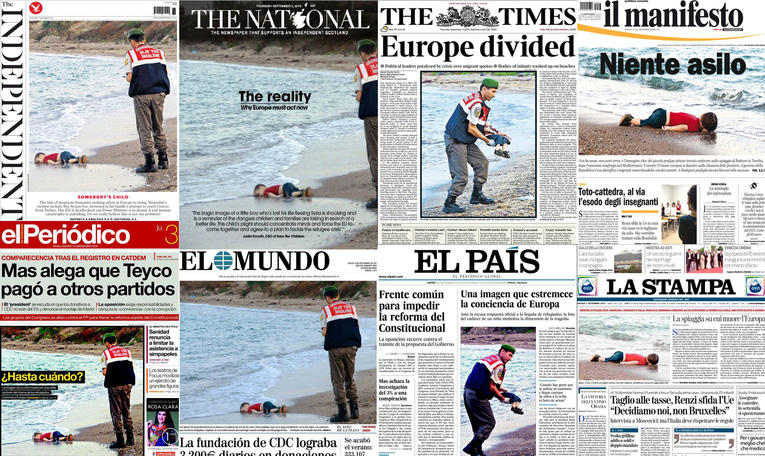The Islamic State currently led by Abu Bakr al-Baghdadi has taken some massive hits since its foundation. Its founder Abu Musab al-Zarqawi was killed in 2006 and since then it has lost fourteen other leaders and senior personnel, including the overseer of its gas and oil operations. Despite these losses and the fact that the Islamic State has been losing ground in Iraq and Syria, it cannot be said just yet that the Islamic State is falling. There is a famous quote by William Slim, a former British military commander and the 13th Governor-General of Australia ‘Nothing is so good for the morale of the troops as occasionally to see a dead general.’
IS is not fighting a traditional war. As it increasingly loses territory it reverts to a more drastic and deadly tactics – suicide bombings. These bombings are not being orchestrated on military targets but on the civilian populations. In May of this year, IS kills hundreds in bombing attacks, three of which in Baghdad that killed dozens. Another of such bombings was part of a coordinated attack on a natural gas plant near Baghdad where a suicide car exploded at the main gate. From there suicide bombers entered the plant and killed, according to the Associated Press, at least fourteen people.
This strategy is difficult for the United States and its allies to counter. Where the Iraqi Army and the United States are out in the open, IS adopted a strategy that other terrorist organizations like Hamas uses, it falls back into the civilian population to cower and launch attacks behind human shields.
Adam Gadahn, the Islamic State’s former media personality that was killed by a US drone strike in Pakistan last year, called for another tactic. He said that since immigration to IS territories was prevented, supporters should stay at home and strike out from there. This strategy has been reinstated by Abu Muhammad al-Adnani, the Islamic State’s spokesman. He has recently urged “caliphate soldiers” to attack civilians in the United States and Europe.
Adnani stated, “And here Ramadan has come. The month of jihad, fighting, and conquests. Get ready and be prepared and let each of you make sure to spend it as a conqueror for the sake of Allah and seek what Allah has preserved for you, and make it a month of wrath against the infidels everywhere.”
The attack at home and on civilians will have devastating effects. Recent attacks in France, Belgium and by IS supporters in the San Bernardino case show that this shift in tactics is due in part to the success of the coalition in preventing the Islamic State to maintain ground in the military campaign.
Numerically, the numbers are impressive. Through maximum effort and determination, Iraqi forces and its allies have reclaimed territory allowing their forces to deny key supply lines that IS has used to transport supplies and militants between Syria and Iraq. Numerically, officials from the US noted that 40% of the territory IS controlled in Iraq and 20% in Syria have been lost in the past month.
Regaining territory and denying the Islamic State important supply routes is fantastic news. However, it may be that the United States is not all that thrilled with who is doing it. A paramilitary force in Iraq, led by Jamal Jaafar Ibrahimi (also known as Abu Mahdi al-Mohandes). It was only a decade ago that this particular Iraqi was sought out by U.S. forces for allegedly orchestrating bombings at both American and French embassies in Kuwait during the 1980s. If you pay attention to the lists of terrorists sought out by the United States, he is on the list from the U.S. Treasury.
Al-Mohandes forces, the PMF (Popular Mobilization Forces) have been extremely effective in combating IS while also worrying Sunni residents in Iraq. Sunni’s in Fallujah feel the omnipresence of Iran and its affiliates in their country though the PMF since al-Mohandes says he represents Ali Khamenei, Iran’s supreme leader.
Iran has sent proxies to fight against the Islamic State in Syria, Iraq and helped trained Houthi rebels in Yemen. The PMF in Iraq could be crucial in ousting IS from its borders. Though it brings to question if an Iran backed proxy power in Iraq will be any better than IS for the stability of the region.
The worry of trading on instability for another will have to wait until after the Islamic State is not only defeated but gone entirely. The tactics used by IS are nothing new. They lose ground, entrench themselves behind human shields and then gain support abroad which ensures attacks on the civilian populace of various cities. These tactics are textbook for terrorist organizations. The growing concern however is the multitude of attacks.
General Patton is quoted with saying, ‘The purpose of war is not to die for your country. The purpose of war is to ensure that the other guy dies for his country.’ In traditional war, this saying is perfect. However, more and more lone wolf attacks are carried out in the United States, France, Belgium, and wherever next. These attacks are not only carried out by sleeper agents but also by convinced citizens of their countries.
Colleen Reene LaRose (aka- Jihad Jane) convicted to ten years for crimes including which was provided support and materials to terrorists. Samantha Lewthwaite (aka Sherafiyah, or White Widow) a British woman is one of the world’s most wanted terrorists. Nidal Malik Hasan, a former Major in the United States Army, born in Virginia and served from 1988 until 2009 and earned 2 National Defense Service Medals, and a Global War on Terrorism Service Medal gunned down 13 people and injured more than 30 others in the Fort Hood mass shooting on November 5, 2009.
These people are citizens of their respected countries, yet serve other means. It is people like these that though the Islamic State may lose its ground it cannot be said be fallen. The very effective strategy of guerrilla war is on the world’s doorstep. Whether it comes from refugees who are allowed safe haven, brainwashing disenchanted citizens, social media, or in LaRose’s case – love, entrenched around the world are cells that are waiting for the command and possibly resources from Islamic State leaders to wreak havoc.
Can it be said that the Islamic State is falling? It truly depends on the definition. Yes, IS is losing ground in Iraq and Syria. However, in gaining support abroad the answer is no, they are not falling. It is impossible to say how many support Islamic State in various countries. John Horgan, the director of the Center for Terrorism and Security Studies at the University of Massachusetts Lowell said, ‘Four decades of research on who becomes a terrorist and why hasn’t produced any profile.’
With no way to profile those that become a terrorist, it is next to impossible to prevent it or find them until a mistake is made or an act has been done. The only thing that can be done to win is what Sun Tzu said in the Art of War, ‘Thus, what is of supreme importance in war is to attack the enemy’s strategy. The opportunity to secure ourselves against defeat lies in our own hands, but the opportunity of defeating the enemy is provided by the enemy himself.’ How can the world make sure that the Islamic State falls? Use their own strategy of gaining supporters against them, or as learned from the Greeks at the Battle of Troy, conceal ourselves, be brought into the enemy’s territory and attack.







